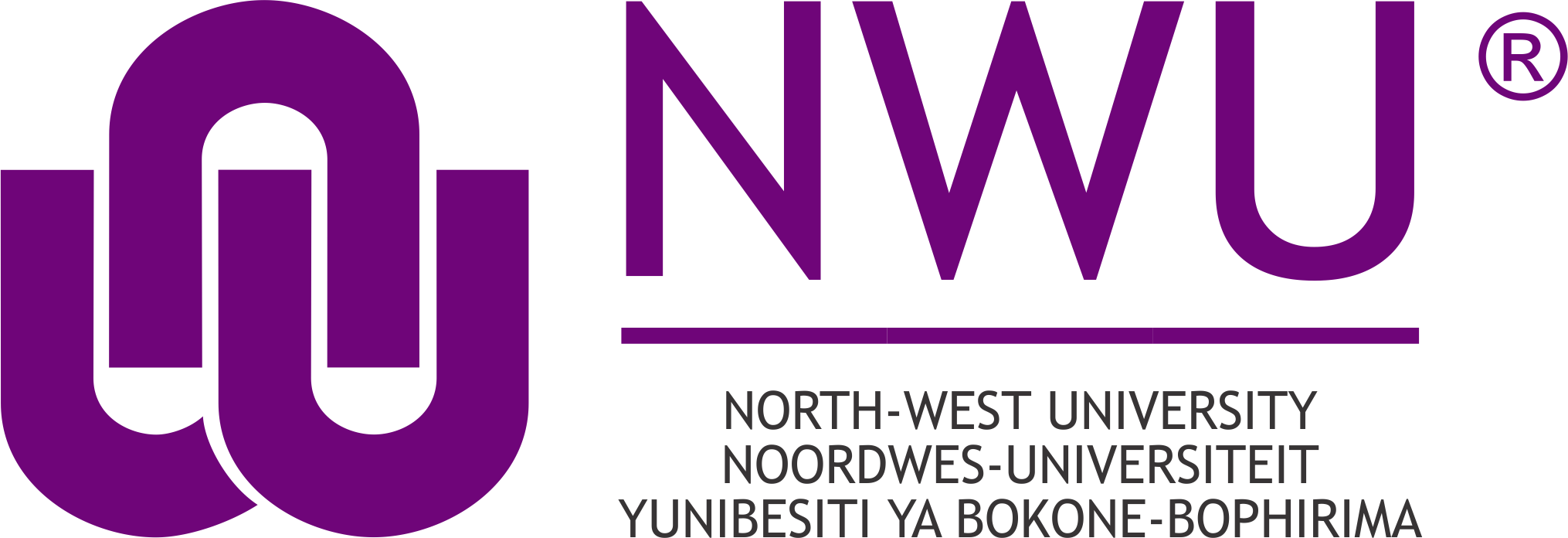NWU to validate new COVID-19 test
As the COVID-19 pandemic continues to wreak havoc locally and internationally, NWU's experts have been roped in to assist with the validation of a new test in the fight against it.
The new test is being developed by a wholly owned South African pharmaceutical company, Austell Pharmaceuticals (Pty) Ltd. It is anticipated that this SARS CoV-2 diagnostic test* will not only deliver results faster than current molecular-based tests (within 1,5 hours), but will also be more cost-effective than the tests that are currently in use in the South African healthcare system.
"The test will cost two thirds of the cost of tests currently used by the National Health Laboratory Service. For thousands of tests, that translates into quite a big saving, says Prof Anne Grobler, who is head of research at Austell Laboratories and also responsible for selected special projects in the Faculty of Health Sciences. She was previously director of NWU's Preclinical Drug Development Platform.
Prof Anne says the locally developed molecular test has the same accuracy as the kits that are currently supported by the Centers for Disease Control and Prevention and the World Health Organization. It detects the genetic material of the SARS CoV-2 virus very specifically.
Now the test needs to be validated to determine if it is effective and viable. Austell Pharmaceuticals has requested the NWU's Faculty of Health Sciences to perform the validation, based on the university's prior experience and expertise.
According to Austell, the test could be easily executed by well-equipped laboratories such as the National Health Laboratory Service or pathology labs.
"The processing hardware has already been developed to aid in virus inactivation and the extraction of ribonucleic acid (RNA), which is part of the virus's composition. The test protocol now needs to be evaluated and validated in clinical samples," says Prof Anne.
The validation process will consist of two parts, she says. The first step is to validate the one-step Austell reagent kit and the second step is to compare the accuracy and sensitivity of the Austell test to a commercial test currently used by the National Institute for Communicable Diseases. Once successfully validated, manufacturing of the test will be rolled out on a large scale.
"If the validation is successful, the Austell diagnostic test for the SARS CoV-2 virus will have the following attributes: processing convenience and safety, lower cost, accurate diagnosis and quicker turnaround time," she says.
Prof Anne says Austell is proud to be associated with the NWU and hopes that the new test, once validated, will make significant inroads into successfully addressing the pandemic.
* How diagnostic testing currently works
Current diagnostic tests for SARS CoV-2 are either molecular-based or antibody-based. This means that tests either identify the virus's unique genetic material in a sample or recognise antibodies produced by the infected person. The preferential diagnostic technique used globally is molecular-based.
Prof Anne Grobler says antibody tests will show if a person has developed antibodies against SARS CoV-2. "However, it doesn't show whether a person is infective, ill or in what stage of the disease the patient is."
